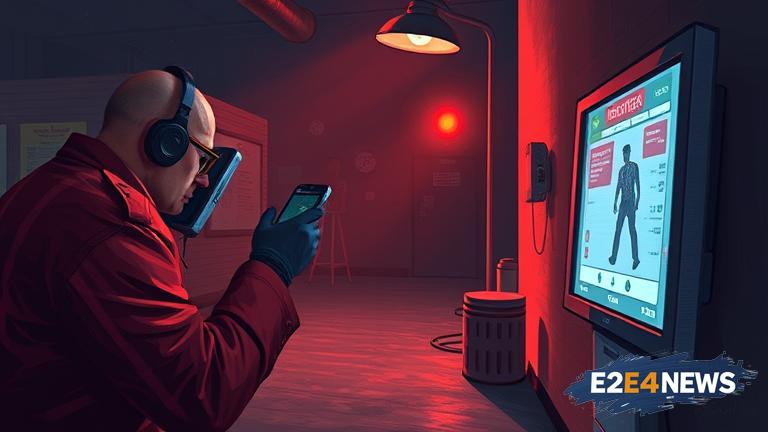The rise of swatting calls has become a major concern for law enforcement agencies across the United States. Swatting, a form of harassment where individuals make fake emergency calls to trigger a SWAT team response, has been on the increase in recent years. This alarming trend has put lives at risk, with many innocent people being caught in the crossfire. The calls are often made with the intention of harassing or intimidating someone, and can be made using spoofed phone numbers or other tactics to disguise the caller’s identity. In many cases, the calls are made to report a fake emergency, such as a hostage situation or a shooting, in an attempt to get a SWAT team to respond to the location. The consequences of swatting can be devastating, with many people being arrested, injured, or even killed as a result of the fake calls. Law enforcement agencies are working to combat the rise of swatting, but it remains a challenging task. One of the main difficulties is identifying the individuals making the fake calls, as they often use anonymous or spoofed numbers. Additionally, the calls can be made from anywhere in the world, making it difficult for authorities to track down the perpetrators. Despite these challenges, law enforcement agencies are using a variety of tactics to combat swatting, including working with phone companies to identify and block suspicious calls. They are also increasing awareness about the dangers of swatting, and encouraging people to report any suspicious activity. The rise of swatting has also raised concerns about the potential for abuse of emergency services, and the need for more effective measures to prevent and respond to these types of calls. In some cases, swatting has been linked to online gaming communities, where individuals may make fake calls as a form of harassment or revenge. However, swatting is not limited to the gaming community, and can be made by anyone with a phone and an internet connection. The consequences of swatting can be severe, with many people facing charges and fines for making fake emergency calls. In addition to the legal consequences, swatting can also have a significant impact on the individuals and communities affected by the fake calls. The rise of swatting has also raised concerns about the potential for copycat behavior, with some individuals making fake calls in an attempt to replicate the attention and response generated by previous swatting incidents. To combat this, law enforcement agencies are working to increase awareness about the dangers of swatting, and to educate the public about the consequences of making fake emergency calls. They are also working with social media companies and online platforms to identify and remove content that promotes or glorifies swatting. The FBI has also launched a campaign to raise awareness about the dangers of swatting, and to encourage people to report any suspicious activity. As the rise of swatting continues to be a major concern, it is essential that law enforcement agencies, phone companies, and the public work together to prevent and respond to these types of calls. By increasing awareness and education, and by working to identify and prosecute those responsible for making fake emergency calls, we can help to reduce the incidence of swatting and keep our communities safe. The swatting epidemic is a complex issue that requires a comprehensive response, and it will take time and effort to combat this growing trend. However, by working together, we can help to prevent the devastating consequences of swatting and ensure that our emergency services are used for their intended purpose: to protect and serve our communities. In conclusion, the rise of swatting calls is a serious concern that requires immediate attention and action. It is essential that we work together to prevent and respond to these types of calls, and to educate the public about the dangers of swatting. By doing so, we can help to keep our communities safe and ensure that our emergency services are used for their intended purpose.
